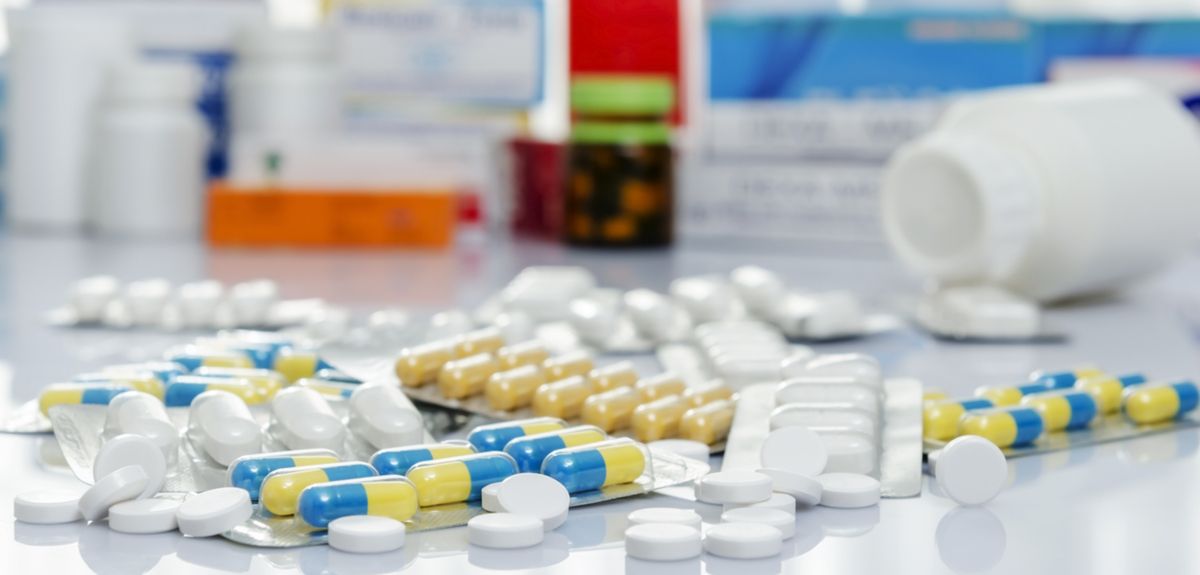KARACHI: Pakistan’s pharmaceutical industry is pushing to expand its export footprint and is urging the government to adopt supportive policies that could foster substantial growth in this promising sector. With strategic government assistance, industry experts believe that pharmaceutical exports could see a sharp rise, creating a significant impact on Pakistan’s foreign exchange inflows.
Despite its strong export potential, the pharmaceutical sector has yet to receive the level of support provided to traditional industries like textiles, carpets, leather, sports goods, and surgical instruments. Industry leaders argue that current policies favor longstanding sectors, thus limiting opportunities for pharmaceuticals to flourish on the global stage.
The local pharmaceutical industry already has a notable presence in markets such as Uzbekistan, Nigeria, and Afghanistan, where Pakistani-made pharmaceuticals are among the top exported products. According to a former chairman of the Pakistan Pharmaceutical Manufacturers’ Association (PPMA), if the government prioritizes this sector, exports could reach $3 billion within five years. For comparison, Indian pharmaceutical exports are projected to soar to $28 billion, while Pakistan’s exports achieved a record high of $341 million in 2023-24.
Experts recommend implementing a market development assistance (MDA) program modeled after India’s successful initiatives to strengthen Pakistan’s export competitiveness. This could enable local pharmaceutical firms to scale up and secure a sustainable international presence.
Another critical area is the development of local active pharmaceutical ingredient (API) production, a step that experts emphasize must be carefully assessed before introducing any new import duties. This approach would help ensure the affordability and global competitiveness of Pakistani pharmaceutical products. Maintaining a stable supply chain is essential for establishing long-term contracts with international markets, which often require reliable supply commitments spanning up to seven years.
With Pakistan seeking ways to increase foreign exchange through non-debt-generating avenues, a focus on pharmaceutical exports could yield lasting economic benefits. Despite a significant depreciation in the rupee, the expected growth in export revenue remains unrealized, highlighting the need for a fresh policy approach to unlock the sector’s full potential.
PakistanPharma #PharmaExports #GovernmentSupport #ExportGrowth #PakistanEconomy #ForeignExchange




+ There are no comments
Add yours